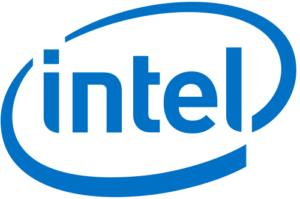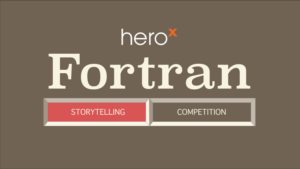The NVIDIA Deep Learning Institute (DLI), the Hewlett Packard Enterprise Data Science Institute at the University of Houston, the Texas A&M Institute of Data Science, Texas A&M High Performance Research Computing, and the Texas Engineering Experiment Station invite you to attend an online deep learning workshop on Aug 24, 2020 from 1:00PM to 5:00PM exclusively for verifiable academic students, staff, and researchers. NVIDIA DLI offers hands-on training for developers, data scientists, and researchers looking to solve challenging problems with deep learning and accelerated computing.
This workshop is hosted by Dr. Jian Tao through the NVIDIA University Ambassador Program at Texas A&M University.
See the workshop website for further details including how to register.

 FPGAs in the Era of AI and Big Data
FPGAs in the Era of AI and Big Data With the support from the
With the support from the 